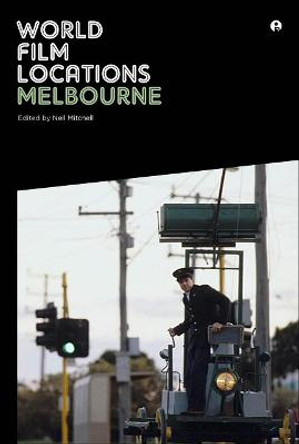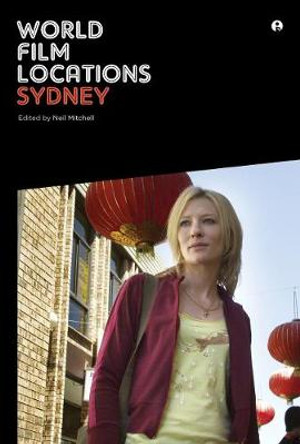Brian De Palma's adaptation of Stephen King's debut novel,
Carrie (1976), is one of the defining films of 1970s "New Hollywood" style and a horror classic. The story of a teenage social outcast who discovers she possesses latent psychic powers that allow her to deliver retribution to her peers, teachers, and abusive mother, Carrie was an enormous commercial and critical success and is still one of the finest screen adaptations of a King novel. This contribution to the Devil's Advocates series not only breaks the film down into its formal componenets--its themes, stylistic tropes, technical approaches, uses of color and sound, dialogue, and visual symbolism--but also considers a multitude of other factors contributing to the work's classic status. The act of adapting King's novel for the big screen, the origins of the novel itself, the place of
Carrie in De Palma's oeuvre, the subsequent versions and sequel, and the social, political, and cultural climate of the era (including the influence of second wave feminism, loosening sexual norms, and changing representations of adolescence), as well as the explosion of interest in and the evolution of the horror genre during the decade, are all shown to have played an important part in the film's success and enduring reputation.
About the AuthorNeil Mitchell is a writer and editor, most recently of World Film Locations: Melbourne. With Emma Bell, he is the coeditor of Directory of World Cinema: Britain.
Reviews... Mitchell cogently and clearly documents the making of the movie, its themes, and its continuing impact. * Canberra Times *
Book InformationISBN 9781906733728
Author Neil MitchellFormat Paperback
Page Count 102
Imprint Auteur PublishingPublisher Liverpool University Press
Series Devil's AdvocatesWeight(grams) 127g










